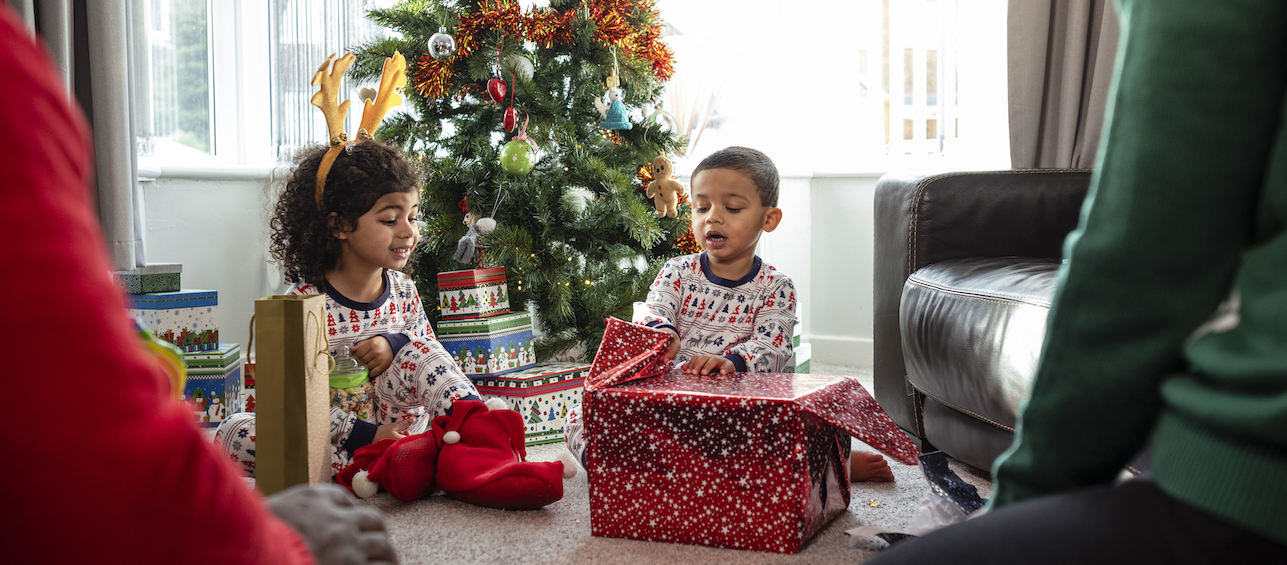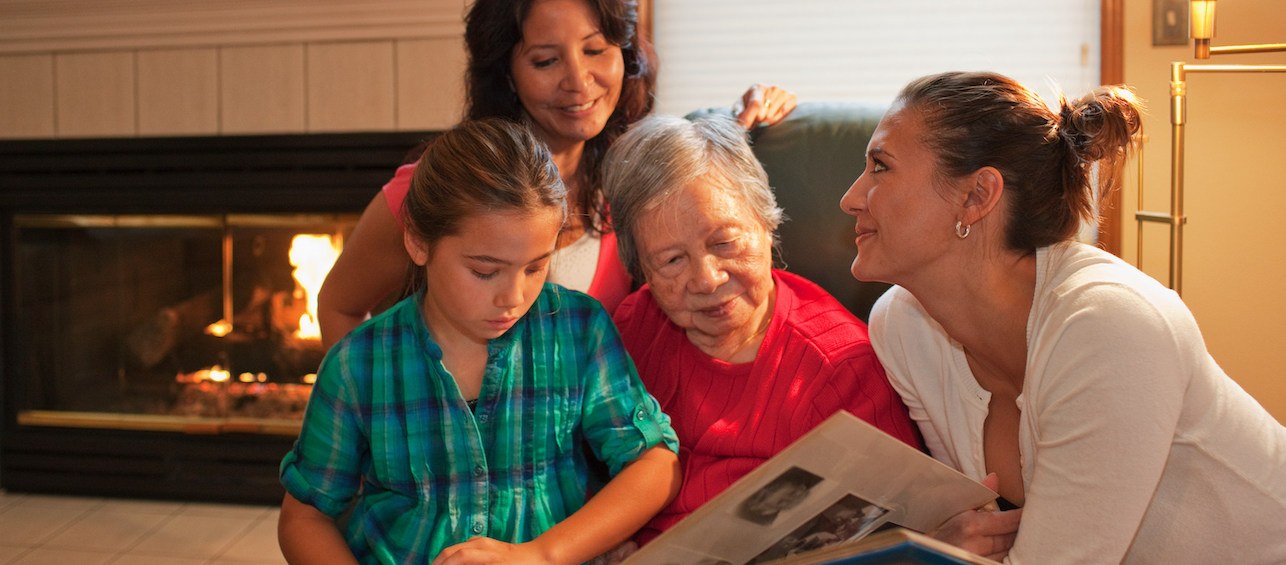As a season of giving and being of service to others, the holidays are a great opportunity for children to learn about empathy. Empathy is essential for forming healthy, fulfilling relationships. It involves both understanding and caring about another person’s point of view.
By nature, some individuals have a stronger sense of empathy than others, but children are born with the capacity for empathy. There are actions caregivers can take to foster and nurture this trait. Here are some strategies and holiday-themed activities to help children build empathy:
Tips for Teaching Empathy To Kids During the Holidays
Model empathy for your child and for others
Parents are a child’s first teachers, and one of the most effective ways to learn is through modeling. Try to point out your own empathy to your children.
Further, make caring for others a focus in your family. Emphasize to your children how much you want them to be kind. Be sure to notice and recognize their acts of generosity and caring along with other accomplishments.
Discuss their holiday hopes
Show empathy for your child by discussing their hopes and feelings about the holidays. Ask about activities they are excited about and who they are looking forward to connecting with over the holidays (either virtually or in-person).
Incorporate empathy discussions into your holiday activities
After enjoying your favorite holiday book or movie, talk about how the characters demonstrated caring or missed opportunities to do so.
Teach gratitude
While shopping or running errands with your child, thank those who help you with your tasks and wish them happy holidays. Encourage children to write thank-you notes for gifts, but also for enjoyable times spent together. This helps them understand how it feels to be on the receiving end of kindness.
Make a donation to a charity together
Help your child choose a charity they care about and make a donation together. Consider reviewing the Cincinnati Children’s Gift-in-Kind Wish List together, helping them choose a gift, and talk about how it might make a child who is in the hospital feel.
Participate in community service activities together
Participating in community service activities with children is a nice way to build empathy. Community service activities that involve engaging “with” others rather than just doing “for” these individuals are especially helpful at building perspective. Look for masked, socially-distanced opportunities to volunteer in your community over the holiday break. You can also create holiday cards with your child and distribute them throughout your neighborhood or your local senior center.
While having empathy and compassion for others is beneficial, it can also be emotionally draining. It is important that caregivers also demonstrate the value of good self care. Bundle up and take a walk together or warm up with a cup of cocoa. Comment about how good it feels to also take care of ourselves.





